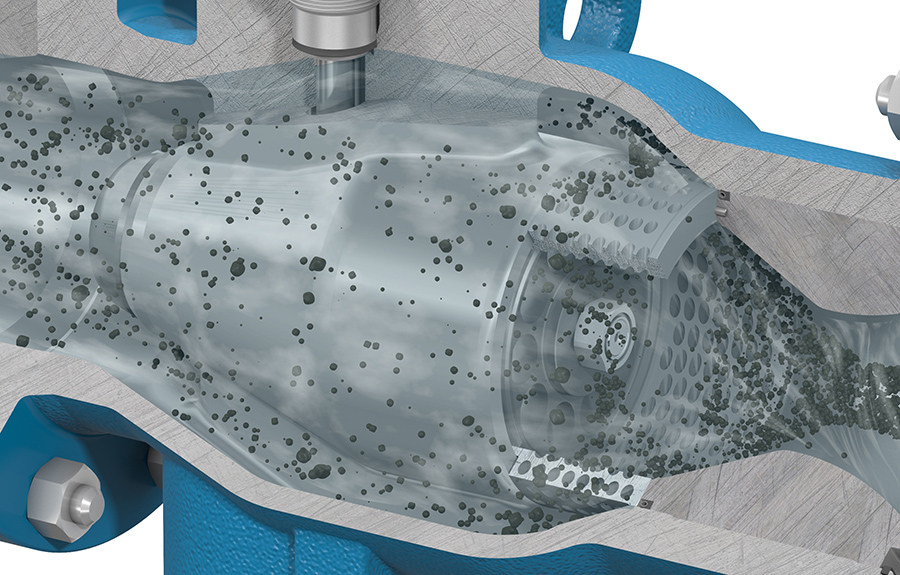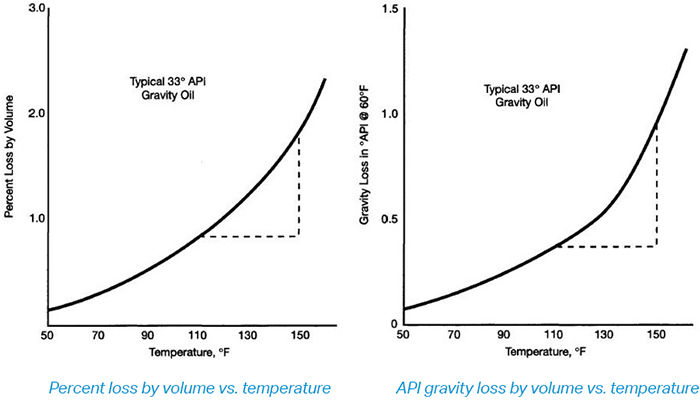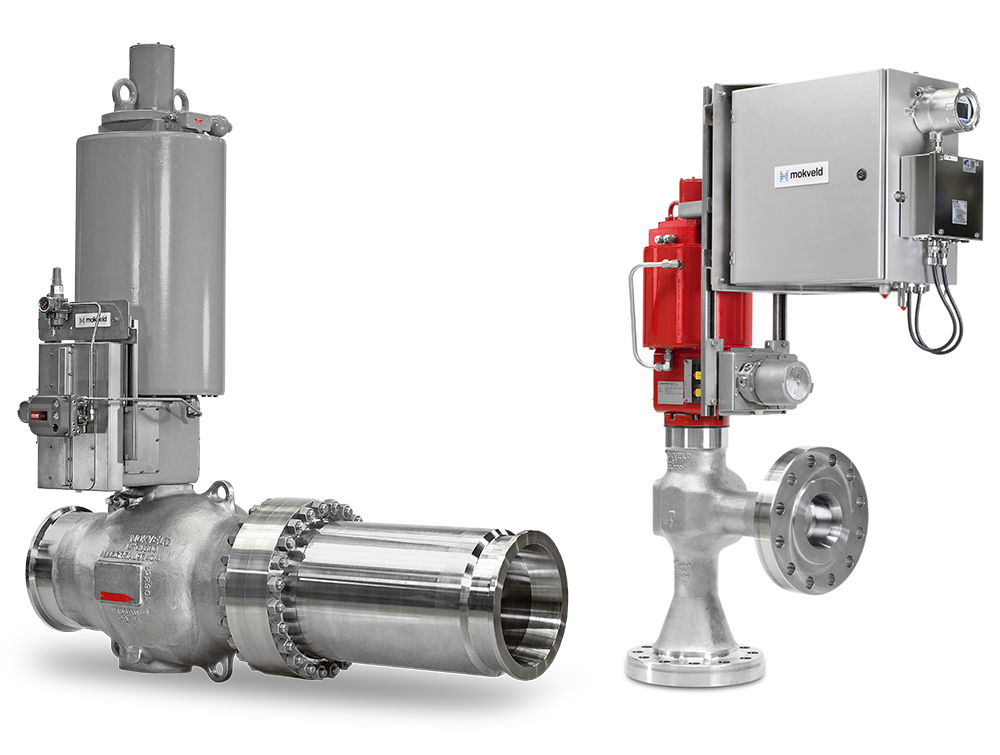The traditional method of separating the phases from an emulsified oil/water stream is by adding heat to the fluid.

It reduces the viscosity of the oil phase, allowing more rapid settling velocities of the water in accordance with Stokes Law, and increases the potential of droplet coalescence. In addition, heating could also dissolve the small crystals of paraffin and asphaltenes neutralizing their effect as potential emulsifiers.
But there are downsides in adding heat to an emulsified oil/water stream:
Heating emulsions is costly (CAPEX, fuel gas) and the loss of oil volume and API gravity further negatively influence the economics of heating.

Adding heat can cause a significant loss of the lower-boiling-point hydrocarbons (also referred to light ends). The result; loss of oil volume. As the light ends are boiled off, the remaining oil has a lower API gravity and might have less value per barrel as the graphs show.
Can a simple change of control valve design turn the economic balance of heating crude emulsions?
It’s a well-established fact that control valves operating in an oil/water stream exert shear forces on the fluid. The larger these shear forces are, the more the droplets are sheared to even smaller droplets, the more stable the emulsion becomes.
The result, less heat input is required to separate the phases, reducing the loss of oil volume and API gravity, improving the economics of heating.

When done correctly, heating emulsions can improve separation of oil and water. However, rate of water removal can be achieved at a lower temperature without using additional chemicals by simply exchanging control valves to low shear Typhoon® Valve Systems, there is no reason to suffer the additional economic penalties associated with heating.
Please contact us if you want more information how Typhoon Valve System can be a sustainable solution in improving your separation system and reducing your EIF in an environmentally sound manner.
In case you want to reduce your Environmental Impact Factor (EIF) by improving downstream separation, debottlenecking your separation or produced water treatment system or if you want to improve your system robustness, please contact your Mokveld support office or representative for more information about the possibilities with this low shear technology for your application.